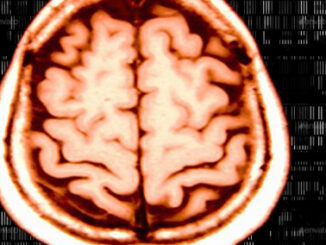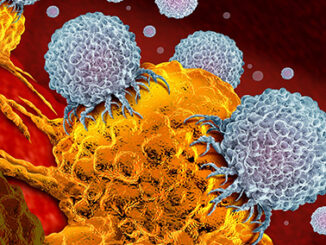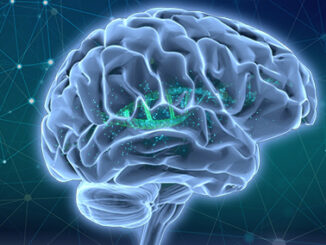Articles that explore the connection between epigenetics and diseases and disorders, including cancer, cardiovascular disease, diabetes, autoimmune disease, and more.
We all know by now, especially in the days of COVID-19, how crucial it is to have a properly working immune system. If our bodies can produce the right antibodies and white blood cells to protect us from invading pathogens, we can survive an illness. Sometimes, the body’s immune system is out of whack, doing more damage than good, which is why understanding how immune cells work is essential for developing ways to overcome diseases. Interestingly, the brain and central [more…]
Epigenetic scientists have been keen on studying twins, particularly identical twins, as they are the perfect subjects to gain insight into the effects of the environment on the genome, especially when it comes to diseases. Because identical twins share the same DNA, any differences they have that are environmentally induced most likely show up in their epigenome. In a case where one identical twin has a disease, but the other does not, researchers can look at the twins’ environments for [more…]
The body’s first line of defense against infection is the innate immune system. Although it is non-specific and less effective than the acquired immune system, it responds to invading pathogens much faster, holding off an immunological threat until a specific response can be mobilized. One integral part of the innate immune system is natural killer cells (NK). As their name suggests, these cells are capable of killing affected cells autonomously while also signaling an immune response as they secrete pro-inflammatory [more…]
Not everyone ages gracefully. That’s true for people who don’t take care of themselves as adults, but it’s also true for someone whose health was jeopardized at a young age from contact with something harmful, like air pollution or poor diet. In particular, smoking exposure during early development has been linked with numerous adverse health conditions, and now a new study shows that it, as well as other harmful pollutants, can cause advanced biological aging. Early life, beginning in the [more…]
There are a lot of medications and techniques available for relieving pain today, but getting the right ones that work best for a patient is still challenging. First and foremost, a physician needs an accurate description of the pain to help treat it. However, communicating the location and intensity of pain isn’t that straightforward for many patients, even when asked detailed questions. That’s because pain symptoms are unique to each person and subjective. What may be considered unbearable to one [more…]
Pancreatic cancer may not be as common as some cancers, but it has a bad reputation for being highly fatal, especially since it’s difficult to detect early. Smoking, diabetes, family history, and alcohol abuse are among the top risk factors associated with this disease. While it’s difficult to determine the exact causes of pancreatic cancer, a key mediator in its development is inflammation. Understanding why inflammation might lead to tumor growth in the pancreas has scientists examining the underlying mechanisms [more…]
There’s no question that exercise is good for you, not only for developing a great physique but for overall health. Some would even say that regular exercise, combined with proper nutrition, is better at preventing and treating certain diseases than many pharmacological interventions. Even so, medical experts are still trying to determine exactly how physical fitness affects the chemical make-up of the body, especially regarding how it reduces the risks of developing chronic illnesses like cancer, cardiovascular disease, diabetes, and [more…]
Schizophrenia is a complex and severe mental illness that affects approximately 1% of the global population. Often misdiagnosed for symptoms similar to other cognitive disorders, this condition lacks a valid biochemical laboratory test to support its clinical diagnosis. Studies have shown that schizophrenia has both genetic and environmental components, suggesting that epigenetic dysregulation is likely an important contributor to its etiology. Thus, developing a diagnostic tool that can identify these abnormal epigenetic modifications could help detect the disease properly and [more…]
Chemotherapy has been the mainstay for lung cancer treatment for decades. Unfortunately, even after an initial positive response to it, tumors can sometimes develop drug resistance. When this happens, there is little doctors can do to improve a patient’s outcome, as the survival rate after relapse can be devastatingly low. Understanding exactly what causes this cancer to rebound has scientists taking a closer look at the genetic diversity of lung tumors, in particular their epigenetic signature. In recent years, genomic [more…]
The risk of a person living in an industrialized country developing high blood pressure during their life is over 90% [1]. Left uncontrolled for a long time, high blood pressure together with conditions like obesity, diabetes, and excess lipid (hyperlipidemia) can generate serious illnesses like heart disease, stroke, kidney failure, dementia, and early death [1]. Despite available and effective medicine, most patients with high blood pressure – or hypertension, as it’s known scientifically – cannot heal it. This is somewhat [more…]










